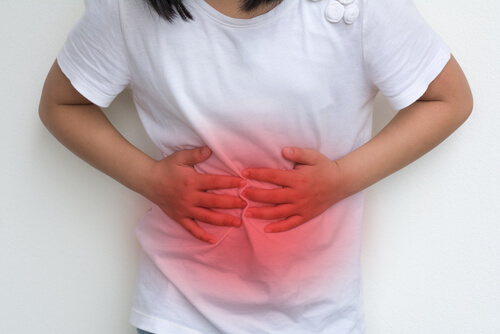
An aortic aneurysm is a swollen area located in the aorta. The aorta itself is a very thick, large blood vessel that’s responsible for supplying blood to the rest of the body. Its thickness is around the same as a gardening hose. It connects the heart to the very middle of the abdomen and the chest.
As we can see, this blood vessel is a major one. Having an aneurysm on it could result in some serious problems, especially if it ruptures. When an aortic aneurysm ruptures, the internal bleeding could be a threat to our very lives. If an aneurysm stays unruptured, it may not even be detected since there are very few symptoms attached to it.
There are two kinds of aortic aneurysms, abdominal and thoracic. The former is more common than the latter, but it’s important to have knowledge about the symptoms that could indicate both kinds:
1. Abdominal Pain
While the symptoms associated with unruptured aortic aneurysms are not common or many, they do need to be known in order to get a proper diagnosis. This is because an aortic aneurysm poses a serious risk if it ruptures. Even if emergency surgery is conducted on the spot when this happens, the procedure itself could be highly risky.
Hence, it’s important to understand what might be signaling an aortic aneurysm for us. This way, we can get a proper screening done and the doctors can decide if we need surgery to remove the enlarged area or need to wait and see what happens.
Since the more common type of aortic aneurysm is the abdominal one. some abdominal pain is one logical symptom of this issue. However, such a symptom may not always occur with abdominal aortic aneurysms. Abdominal pain could be a symptom of several other issues too.


